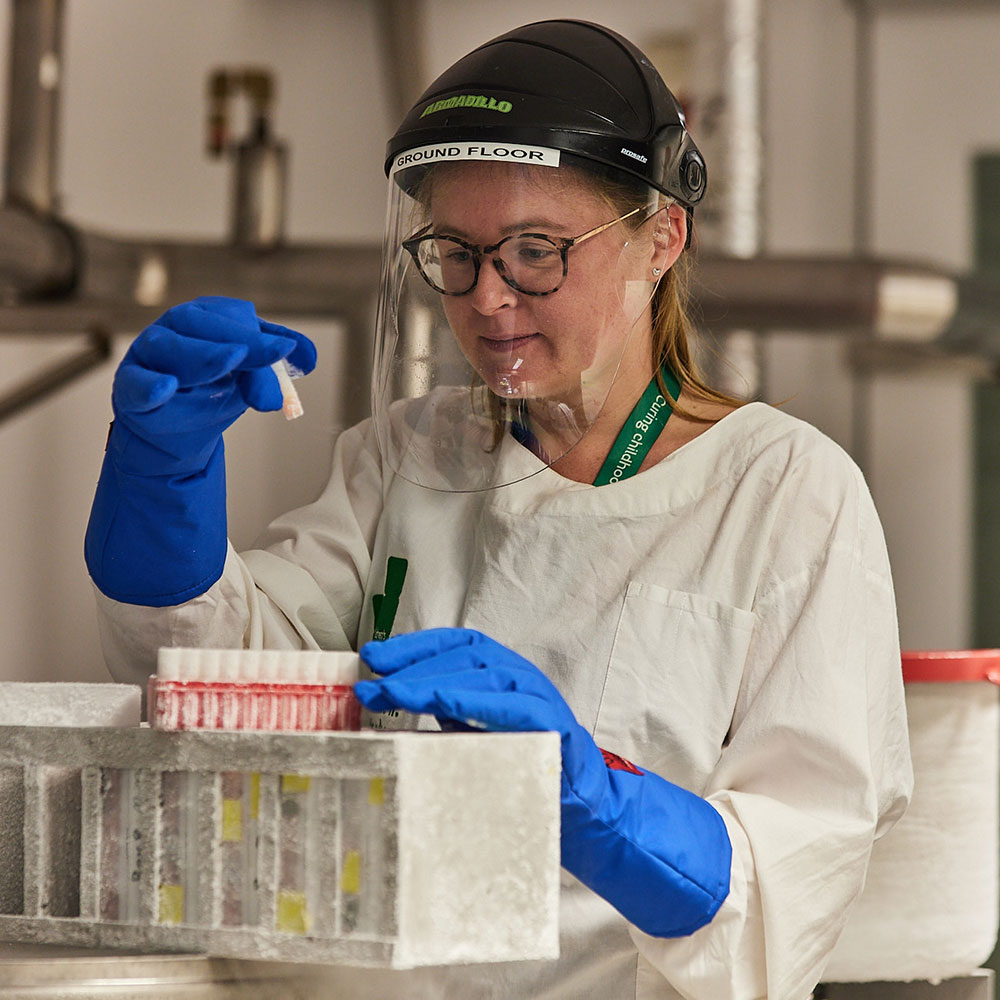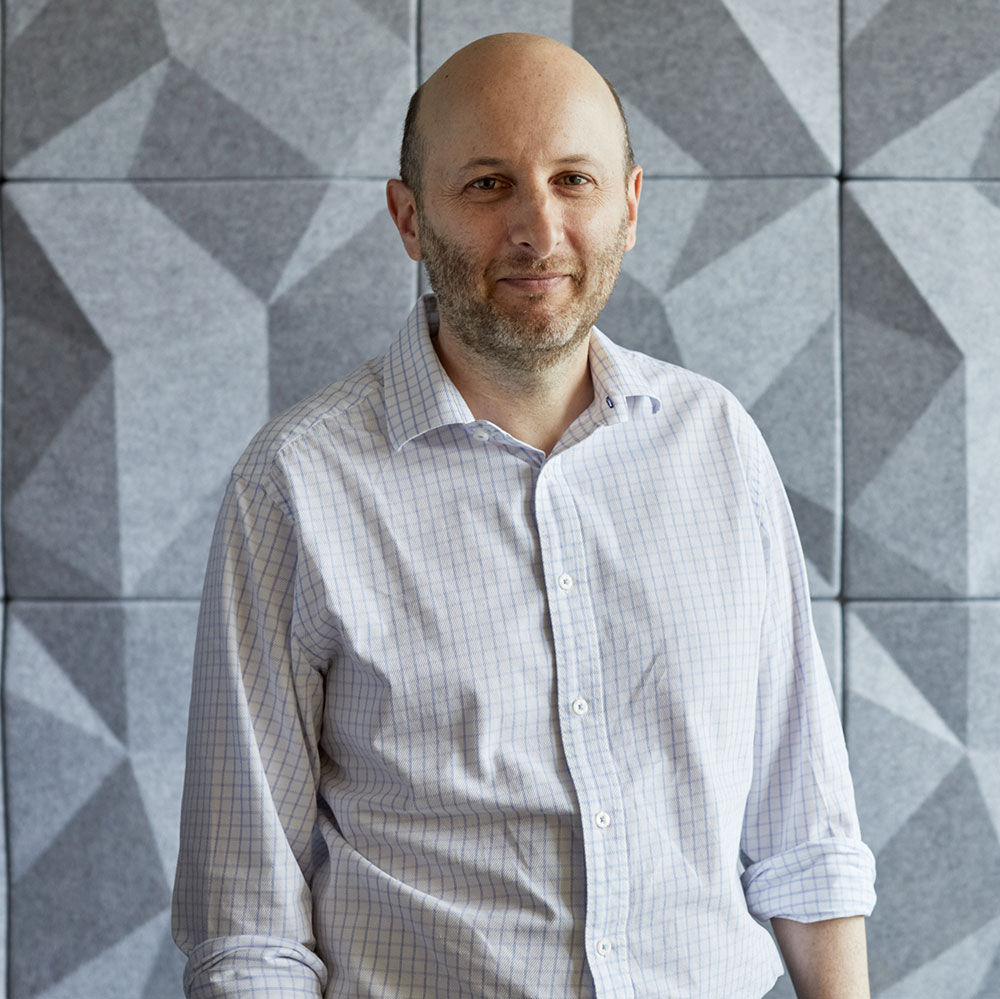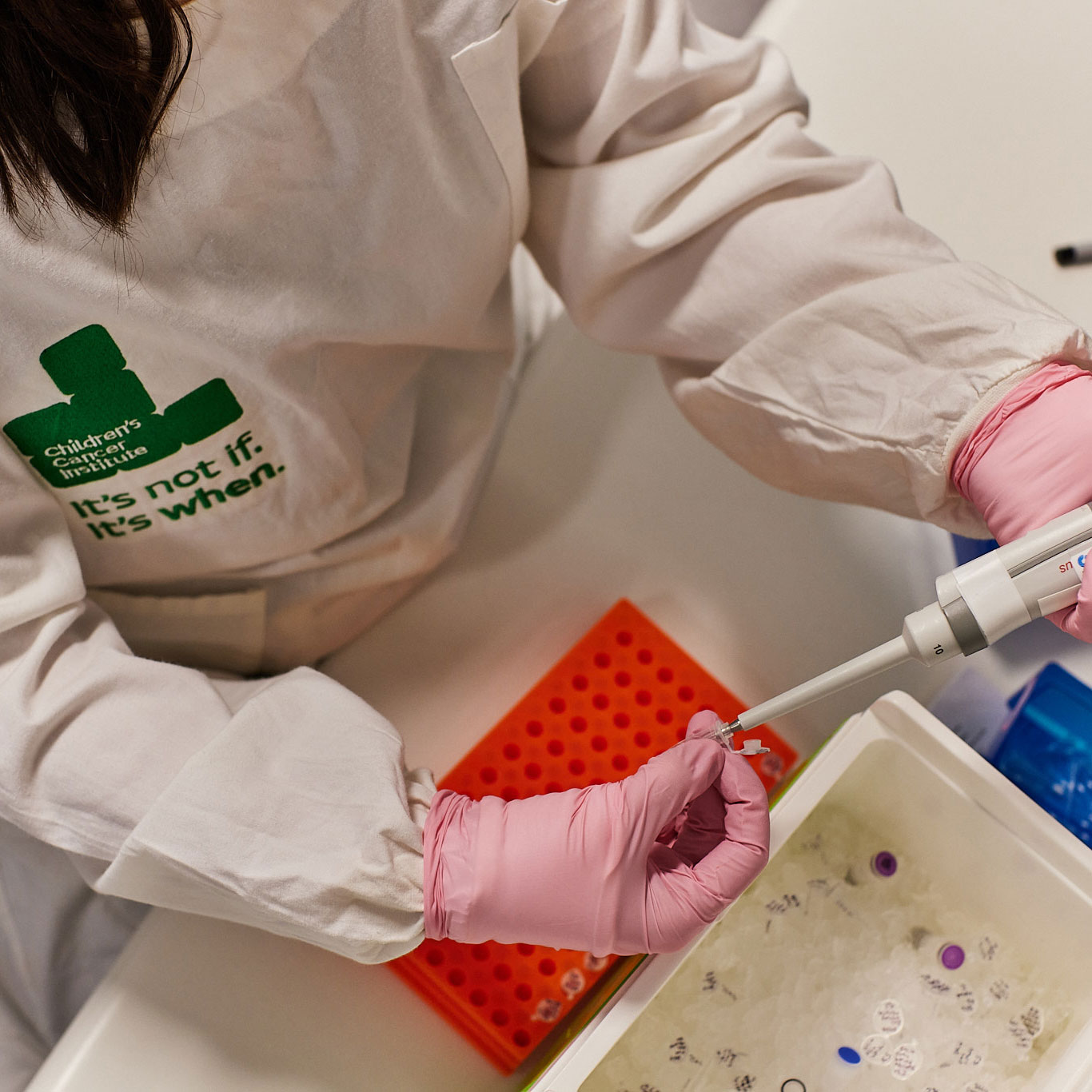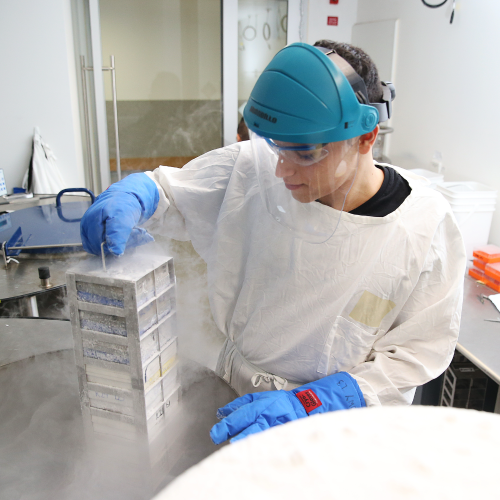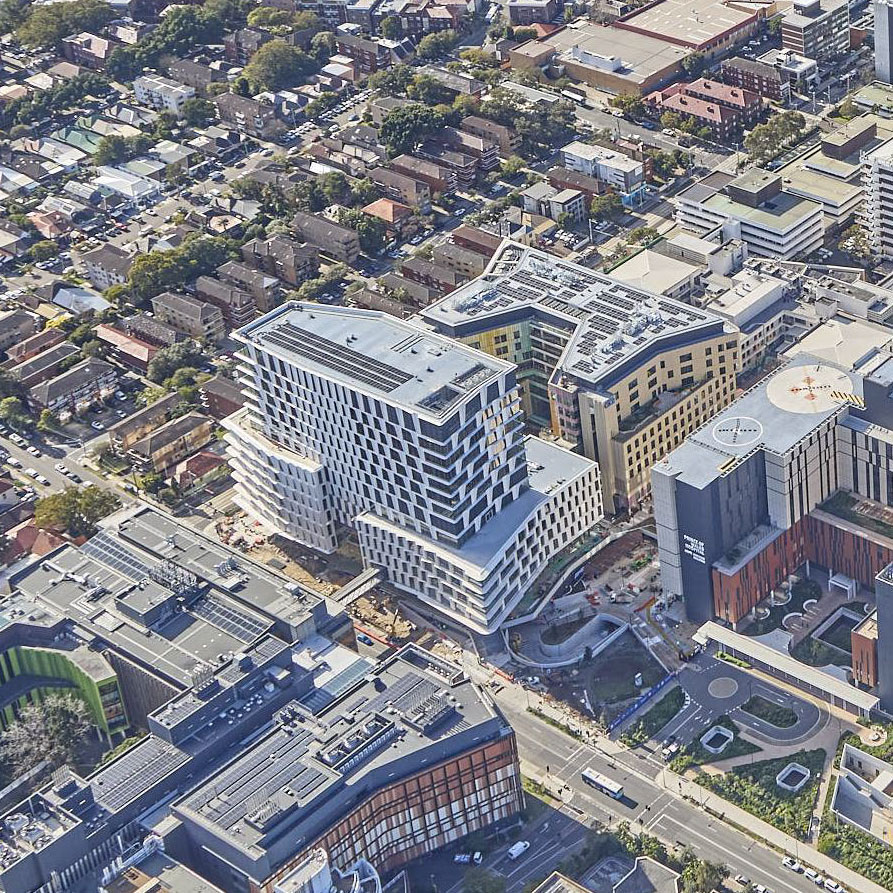This program, led by Children’s Cancer Institute in conjunction with the Kids Cancer Centre at Sydney Children’s Hospital, Randwick, brings personalised medicine for childhood cancers in Australia a step closer.
Around 100 people attended the launch at the Sydney Children’s Hospital, Randwick. Distinguished guests included the Hon. Greg Hunt MP, Federal Minister for Health; the Hon. Brad Hazzard, NSW Minister for Health; and patrons of Children’s Cancer Institute Professor Marie Bashir, former Governor of NSW and Phil Kearns, former Australian rugby union player.
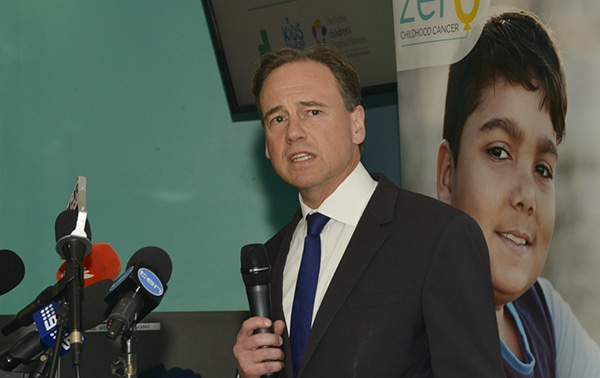
Minister Hunt told the audience that it’s an exciting time for medical research in Australia.
“The Zero Childhood Cancer program brings together the brightest minds from research and puts Australia at the forefront of innovation in health care globally,” he said.
In an Australian first, scientists from thirteen leading Australian and international research institutes and doctors from all eight of Australia’s kids’ cancer centres will work together in partnership to identify and recommend treatment options. These will be specifically tailored to suit the individual cancers of children with the highest risk of treatment failure or relapse, and will give their families hope.
How will Zero Childhood Cancer work?
Because each child’s cancer is unique, children with cancer respond differently to anti-cancer treatment. Detailed laboratory analysis of tumour samples will be used to help identify the drugs most likely to benefit children with aggressive cancers.

The clinical trial will enrol more than 400 Australian children over the next three years, bringing the most advanced diagnostic technologies close to home. The trial is open in Sydney with other cities set to open over the coming months.
A successful NSW pilot study of nearly 60 children began in late 2015.The pilot study proved the program’s feasibility, successfully putting in place the complex logistics and laboratory testing needed to analyse patient tumours and get meaningful results back to doctors in real-time.
Professor Michelle Haber AM, Executive Director of Children’s Cancer Institute and Research Lead for Zero Childhood Cancer, said personalised treatment gives kids with the most aggressive cancers the best chance of surviving their disease because it is based on reliable scientific information, such as individual genetic mutations.
“Using the latest molecular profiling techniques and laboratory testing of patient cancer cells with anti-cancer drugs, Zero Childhood Cancer will give the most detailed diagnosis possible in Australia to date for children with the most aggressive cancers. It is one of the most complex and comprehensive personalised medicine programs in the world,” she explained.

A potential game-changer for childhood cancer treatment
Cancer is the biggest killer of children by disease in Australia. Associate Professor Tracey O’Brien, Director of the Kids Cancer Centre at Sydney Children’s Hospital, Randwick, said that finding the best possible treatment for each child with cancer, especially the most aggressive cancers, is a daily challenge. It’s a balance between finding specific treatments that will kill the cancer cells, and minimising harm to the child.
“I truly believe the Zero Childhood Cancer program is a potential game-changer in how we treat high-risk cancer,” said A/Professor O’Brien.
“We believe this will improve survivorship whilst reducing the impact of drug toxicity. The scale and sophistication of translating this type of discovery directly to the patient’s bedside in real time, wherever they are in Australia, is unprecedented, it is tomorrow’s care today,” she said.
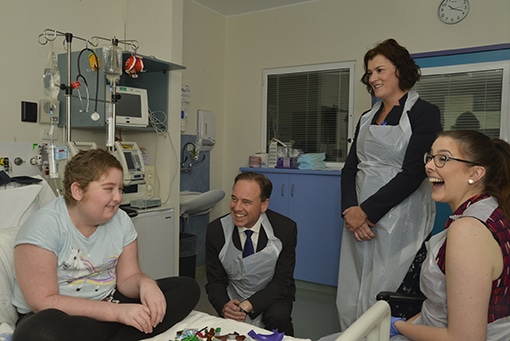
Giving hope to families
Sherie Polzin, whose one-year-old daughter Ava is being treated for high-risk leukaemia, says the program will offer children like hers the best chance of success.
While Ava isn’t currently enrolled in the clinical trial as she undergoes her own treatment plan, she’s an example of the types of patients who will benefit from the Zero Childhood Cancer program.
“As a mother of a childhood cancer patient, the Zero Childhood Cancer clinical trial is really exciting. It is so uplifting to know that we are one step closer to potentially curing childhood cancers,” said Sherie.
“This will make such a difference to families by giving them hope and encouragement knowing that their child is receiving the best possible treatment that is tailored to their individual requirements,” she said.
The Zero Childhood Cancer national clinical trial will run until at least 2019. Data from the program will be shared with all clinical and research partners around Australia, in Europe and the USA.
The program is free to children who meet the clinical trial enrolment criteria and enrolment is through their treating oncologist. The trial is sponsored by the Australian and New Zealand Children’s Haematology/Oncology Group (ANZCHOG).
Find out more about the Zero Childhood Cancer program and read the media release.
Top image: Minister Greg Hunt met 12-month-old Ava, who has high-risk leukaemia, and her mum Sherie at Kids Cancer Centre, Sydney Children’s Hospital, Randwick.



